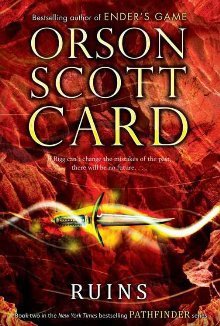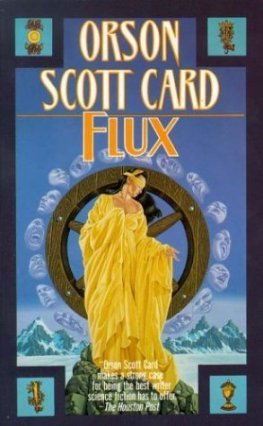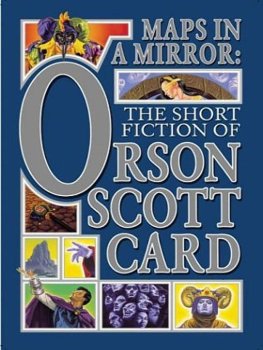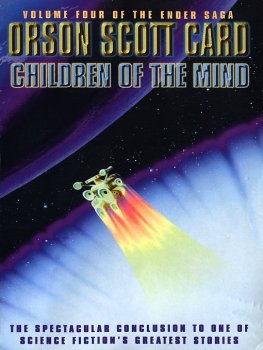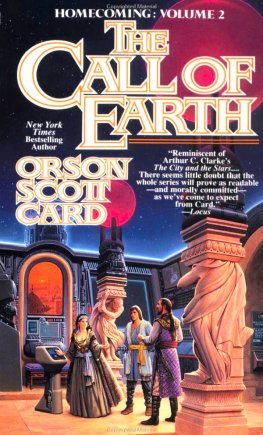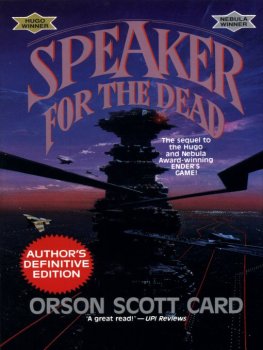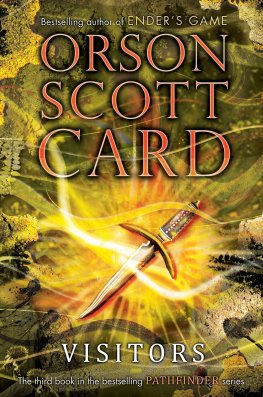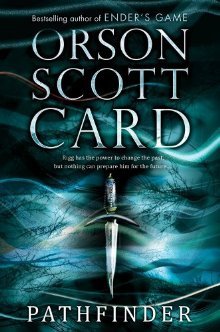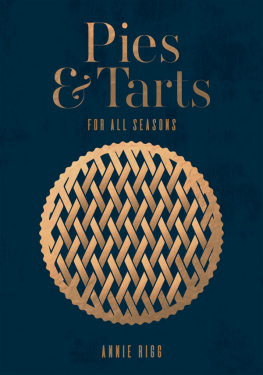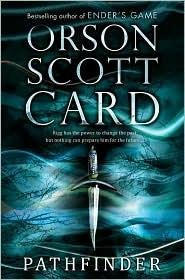To Gregg Homer,
friend and advocate, who puts power into others hands and wisdom in their hearts
Rigg saw the stream before any of the others.
Loaf was an experienced soldier; Olivenko not so experienced, but not untrained, either; and Umbo had grown up in the village of Fall Ford, which was almost like living in the woods.
But only Rigg had tramped the high forests above the Upsheer Cliffs, trapping animals for their fur while the man he called Father taught him more than Rigg ever thought he would need to know. Rigg practically smelled water like an animal. Even before they crested the low grassy rise he knew that there would be a stream in the next crease between hills. He even knew it would be only a rill, with no trees; the ground here was too stony.
Rigg broke into a jog.
Stop, said the expendable they were calling Vadesh.
Rigg slowed. Why? Thats water, and Im thirsty.
Were thirsty, said Umbo.
You cannot drink there, said the expendable.
Cannot? Theres some kind of danger? asked Rigg.
Or a law, suggested Olivenko.
You said you were leading us to water, said Loaf, and there it is.
Thats not the water Im taking you to, said Vadesh.
Only now did Rigg realize what he wasnt seeing. It was his inborn gift that all the paths of the past were visible to him. Humans and animals all left traces behind them, paths in time. If they ever traveled through a particular place, Rigg could tell where they had gone. It was not something he saw with his eyeshis eyes could be closed or covered, or there could be walls or solid rock between him and a path, and he would still know where it was, and could figure out what kind of creature made it, and how long ago.
There had been no human traffic at this stream in ten thousand years. More tellingly, few animals had come there, and no large ones.
Its poisonous, said Rigg.
Is that a guess? asked his sister, Param, or do you know somehow?
Even animals dont come here to drink, said Rigg. And no human for a long time.
How long? asked Vadesh.
Dont you know? asked Rigg.
Im curious about what you know, said Vadesh. I have not known a human who can do what you can do.
Nearly as long as since the beginning of human settlement on this world. Rigg had a very clear idea of what paths that old were like, since he had just crossed through the Wall between his home wallfold and this one, by clinging to an animal that, in the original stream of time, had died in the holocaust of humans first coming to the planet Garden.
That is off by only a little less than a thousand years, said Vadesh.
I said nearly, answered Rigg.
A thousand years this way or that, said Param. Close enough.
Rigg still didnt know Param well enough to tell if her sarcasm was friendly teasing or open scorn. What kind of poison? he asked Vadesh.
A parasite, said Vadesh. It can live out its entire lifecycle in the stream feeding off the bodies of its siblings, ancestors, and descendants, until one of them eats it. But if a larger animal comes to drink, it attaches to the face and immediately sends tendrils into the brain.
It eats brains? asked Umbo, intrigued.
No, said Vadesh. It infiltrates them. It echoes the neural network. It takes over and controls the hosts behavior.
Why in the world would our ancestors bring along such a creature when they came from Earth? asked Umbo.
They didnt, said Olivenko.
How do you know that? asked Loaf. His tone showed he was still skeptical of Olivenko, who was only a member of the city guard in Aressa Sessamo, rather than a real soldier.
Because if they had, it would exist in every wallfold, said Olivenko, and it doesnt exist in ours.
Olivenko thinks the way Father taught me, thought Rigg. Dont assume: Think it through.
Vadesh was nodding. A very tough little creature, the facemask.
Facemask?
What the humans of this wallfold named it. For reasons that would have become tragically obvious if you had bent over to drink from the stream.
Something didnt ring true about this. How can a creature that evolved on Garden successfully take over the brains of creatures from Earth? asked Rigg.
I didnt say it was successful, said Vadesh. And you are now as close as is safe. To avoid picking up facemasks from the wet ground beside the streamthey can attach to any skin and migrate up your bodyyou should follow in my footsteps exactly.
They followed him in single file through the grass, with Rigg bringing up the rear. The path Vadesh took them on was the highest ground. Each time they reached a damp patch they jumped over it. The rill was narrow here. No one had trouble overleaping it.
Only when they got to higher ground several rods beyond the rill was Rigg able to continue the conversation. If the parasite wasnt successful, why is it still alive here?
The parasite is successful in attaching to humans and Earthborn beasts of all kinds, said Vadesh. But thats not really how we measure success in a parasite. If the parasite kills its host too quickly, for instance, before the parasite can spread to new hosts, then it has failed. The goal of a parasite is like that of any other life formto survive and reproduce.
So these facemasks kill too quickly? asked Umbo, shuddering.
Not at all, said Vadesh. I said for instance. He smiled at Rigg, because they both knew he was echoing Riggs earlier testy reply when Vadesh told him his time estimate was off by a millennium.
So in what way did this parasite fail? asked Riggthe way he would have pushed Father, an attitude that came easily to him, since not just in face and voice but in evasiveness, smugness, and assumption of authority this expendable was identical to the one that had taken Rigg as an infant from the royal house and raised him.
I think that with native species, said Vadesh, the parasite rode them lightly. Cooperating with them. Perhaps even helping them survive.
But not with humans?
The only part of the earthborn brain it could control was the wild, competitive beast, bent on reproduction at any cost.
That sounds like soldiers on leave, said Loaf.
Or academics, said Olivenko.
Vadesh said nothing.
It sounds like chaos, said Rigg. You were there from the beginning, werent you, Vadesh? How long did it take people to learn of the danger?
It took some time for the facemasks to emerge from their chrysalises after the disaster of the human landing, said Vadesh. And still longer for the people of Vadeshfold to discover that facemasks could infest humans as well as cattle and sheep.
The herders never got infected? asked Loaf.
It took time for a strain of facemasks to develop that could thrive on the human body. So at first it was like a pesky fungal infection.
And then it wasnt, said Rigg. Facemasks are that adaptable?
Its not blind adaptation, said Vadesh. Theyre a clever, fascinating little creature, not exactly intelligent, but not completely stupid, either.
For the first time, it occurred to Rigg that Vadesh was not just fascinated by the facemasks, but enamored of them.
They can only attach to their host in the water, said Vadesh, answering a question no one had asked. And once they attach to an air-breather, they lose the ability to breathe in water. They only get their oxygen from the blood. You know what oxygen is?
The breathable part of air, said Umbo impatiently. Olivenko chuckled. Of course, thought RiggOlivenko was a scholar, and Umbo had studied for a time with Riggs father.
But Rigg noticed that Loaf and Param seemed to have no idea what Vadesh meant. How could air be divided in parts? Rigg remembered asking Father exactly that question. But there was no point in explaining the point now or soon or, probably, ever. Why would a soldier-turned-innkeeper and a royal heiress who had fled her throne require a knowledge of the elements, of the behavior of gases and fluids?

